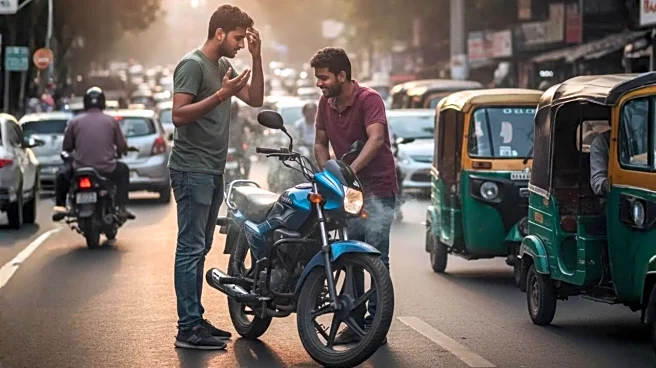Early
detection for cancer through screening is among the most powerful tools available today to prevent the deadly disease. According to experts, regular screenings not only help in proper treatment but also catch cancer early, often even before the symptoms appear. Doctors say the earlier a cancer is caught, the easier it is to treat, and the better the outcomes are likely to be. There are various screening methods that are recommended based on individual risk factors, which include family history and age. However, if you don’t know what screenings are right for you, it is important to talk to your doctor about what is most appropriate for your individual medical history.
Cancer screening is significantly low in India
Despite this, experts say the awareness and participation in regular screening remain low in India. According to statistics, there are more than 14 lakh new cancer cases every year, and many get diagnosed at advanced stages – mostly due to delayed detection. The crude incidence rate is around 100.4 per 100,000 people. Studies say India’s overall cancer detection rate, which includes screening and early-stage diagnosis rate, is about 29 per cent. Only around 15 per cent of breast cancers, 33 per cent of cervical cancers, and less than 20 per cent of oral and colorectal cancers are diagnosed early. The lifetime risk of developing cancer in India is currently estimated at 11 per cent. According to the National Programme for Prevention and Control of Non-communicable Diseases (NP-NCD), which works under the government, a population-based screening is recommended primarily for ages 30 to 65 years.
Important screenings you must undergo
Breast cancer
Breast cancer is the most diagnosed cancer in women across the world. Experts say early detection through screening is the only way the outcomes can be significantly improved. In fact, studies have said the survival rate for a stage I breast cancer diagnosis is more than 99 per cent. Doctors recommend monthly self-exams and clinical breast exams every 1-3 years for women in their 20s and 30s. And for those at average risk, mammograms are suggested every two years from ages 40-74, with annual screenings advised for women 45-54. However, the higher-risk women may require earlier, more frequent screenings or additional imaging like breast MRIs.
Colon cancer
Colon or colorectal cancer has several types of recommended screening options, which for average-risk adults should start at 45 years. Experts say the gold standard screening for colorectal cancer is colonoscopy - a flexible tube with a camera that gets inserted into the colon to examine for polyps or cancer directly. Sometimes, if polyps are identified during a colonoscopy, they can be removed immediately. Colonoscopy screening should be performed every 10 years for adults at average risk.
Lung cancer
Even though doctors do not recommend lung cancer screening for the general population, it is an important tool for those who are smokers or who have a significant history of smoking. However, there is also a rise in the number of cases among non-smokers as well, which experts believe is due to lifestyle and environmental factors. Lung cancer screening is done through a low-dose lung computed tomography (CT scan - an imaging test that uses a small dose of radiation to detect abnormal nodules in the lungs.

/images/ppid_a911dc6a-image-176249362600232420.webp)

/images/ppid_a911dc6a-image-177073011077578247.webp)
/images/ppid_a911dc6a-image-177073006990549409.webp)

/images/ppid_59c68470-image-177073258566288418.webp)

/images/ppid_59c68470-image-177073254524019686.webp)
/images/ppid_59c68470-image-177073252893885010.webp)
/images/ppid_59c68470-image-17707325627935104.webp)


/images/ppid_a911dc6a-image-177073053642295951.webp)
/images/ppid_a911dc6a-image-177073062681389609.webp)